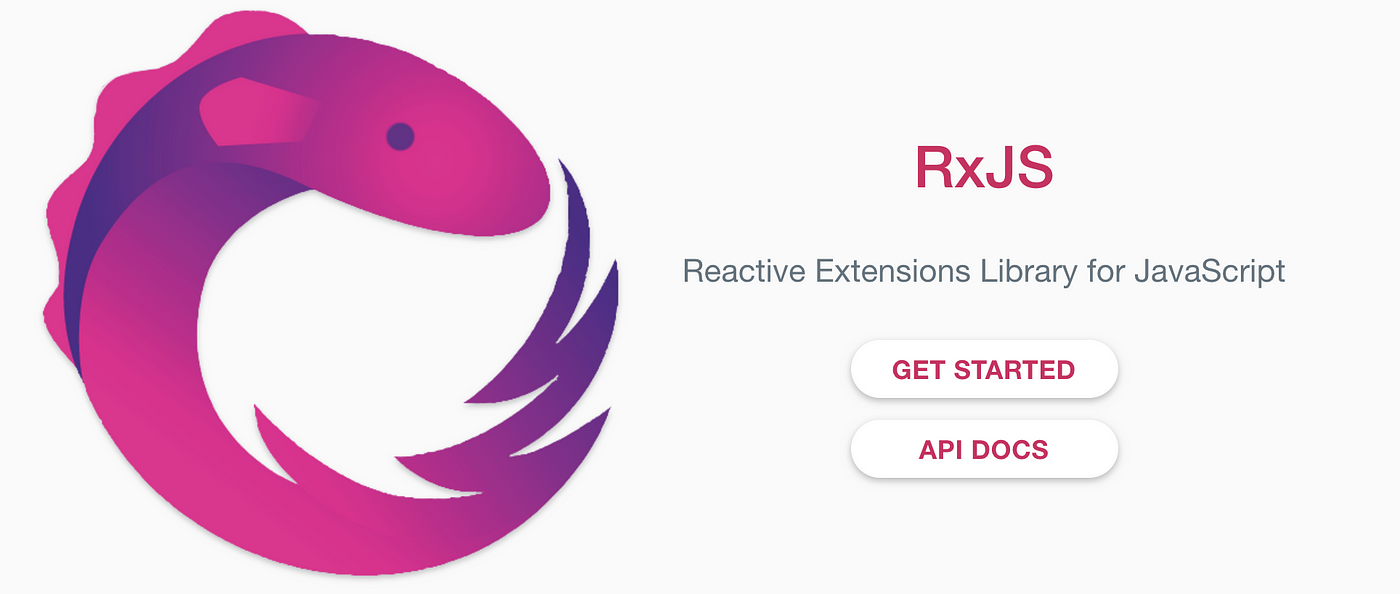Does reactive programming (RxJS) make sense in Node.js?
Reactive programming, a paradigm that emphasizes managing asynchronous data streams, has gained significant traction in modern software development. With the rise of Node.js as a popular server-side runtime, developers are often curious about whether reactive programming, particularly through libraries like RxJS, holds value in the Node.js ecosystem. In this blog post, we’ll delve into the concept of reactive programming, discuss its applicability to Node.js, and explore scenarios where using RxJS makes sense.
Understanding Reactive Programming
Reactive programming is centered around the idea of reacting to changes in data streams as they occur, rather than explicitly polling or waiting for events. This approach is particularly well-suited for applications dealing with real-time data, user interactions, and asynchronous events. Reactive programming libraries, like RxJS (Reactive Extensions for JavaScript), provide tools to create, transform, and combine streams of data.
Applicability to Node.js
Node.js, known for its event-driven and non-blocking architecture, aligns well with the principles of reactive programming. Here’s why using RxJS and reactive programming in a Node.js environment can make sense:
- Asynchronous Operations: Node.js excels at handling asynchronous tasks. Reactive programming’s focus on handling asynchronous streams aligns with the event-driven nature of Node.js applications.
- Real-time Applications: Applications dealing with real-time data updates, such as chat applications, live dashboards, and monitoring tools, can benefit from reactive programming. RxJS enables developers to elegantly handle dynamic data streams.
- Complex Data Transformations: When dealing with complex data transformations, RxJS’s operators can simplify and streamline the process. This is especially helpful in scenarios where data needs to be filtered, mapped, or combined from various sources.
- Event-driven Microservices: In microservices architectures, where communication between services involves asynchronous events, RxJS can help manage communication and responses efficiently.
- Reactive UIs: If your Node.js application involves interactive user interfaces that need to respond smoothly to user actions, RxJS can aid in managing UI state and events.
Scenarios for Using RxJS in Node.js
- Real-time Analytics: Applications processing and visualizing real-time analytics data can leverage RxJS for handling data streams and updates efficiently.
- WebSocket Communication: When implementing WebSocket communication in Node.js for real-time communication, RxJS can help manage the flow of messages and events.
- IoT Applications: Internet of Things (IoT) applications that involve sensor data and device interactions can benefit from RxJS’s capabilities in handling continuous data streams.
- Complex Workflows: Applications with complex workflows involving multiple asynchronous steps can use RxJS to orchestrate these steps and manage the flow of data.
Reactive programming, facilitated by libraries like RxJS, aligns well with the asynchronous and event-driven nature of Node.js. While not necessary for all Node.js applications, reactive programming can bring notable benefits to scenarios involving real-time data, complex workflows, and event-driven interactions. If your Node.js application falls within these categories, exploring RxJS and incorporating reactive programming principles could lead to cleaner, more maintainable, and more efficient code.











